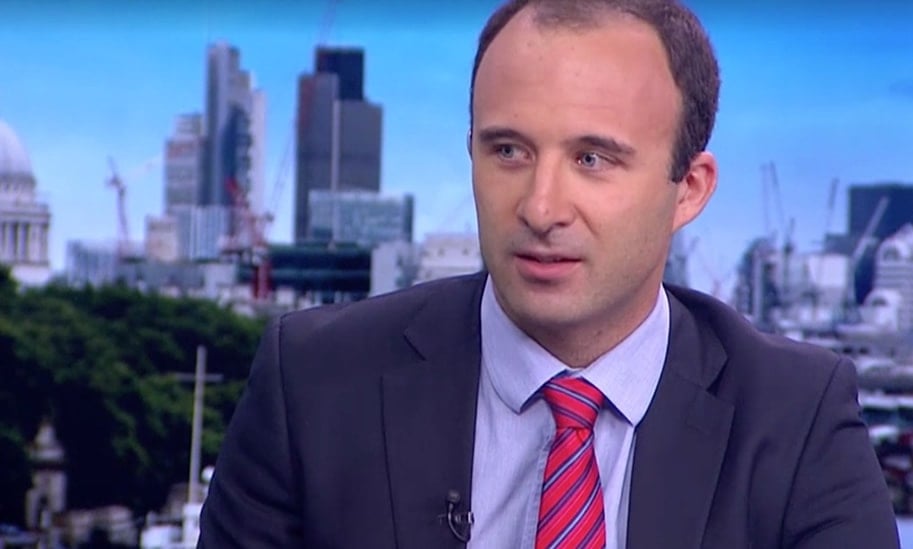Global Co-ordination on Interest Rates Could "Do Serious Damage to the Dollar"

Above: George Saravelos, FX Strategist at Deutsche Bank sees the USD as being vulnerable to a shift in tone at global central banks.
The US Dollar continues its weaker run, with the Dollar Index hitting its lowest point since October 2016, largely thanks to a salvo of hawkish signals from some of the world’s key central banks.
We find recent occurrences in global central banking circles as being quite extraordinary.
A co-ordinated shift from developed world central banks in a more hawkish direction appears to have occurred.
Recent rhetoric from the ECB, US Federal Reserve, Bank of Canada and Bank of England suggests a higher interest rate future awaits.
Others are likely to join the party over coming weeks.
The coordination makes sense. Raising interest rates typically constrains an economy and by acting together central banks have apparently sought to eliminate any risks that might arise were such a move to be made in isolation.
We have seen central bankers coordinate when it comes to lowering rates; the same apparently applies when rates are going the other way.
“This global co-ordination was implicitly confirmed by Draghi’s little-cited comment in the central banker Sintra panel yesterday where he noted the importance of G20 central bank co-ordination in keeping market volatility low,” observes George Saravelos, a strategist with Deutsche Bank.
Saravelos says the implicit message here is that if all central banks sound hawkish at the same time then divergence, and therefore FX volatility, will stay low.
But the Dollar is seen as one currency at risk of recent actions.
“The problem with this convergence however is that the Fed is already in tightening flight mid-air with other central banks just about to take off the runway,” says Saravelos.
With the next big question for the market the timing of a Fed "landing", “hawkish co-ordination in such an environment can do serious damage to the dollar,” warns Saravelos.
Deutsche Bank believe the return of market volatility is likely to persist and the dollar has potential to weaken more.
There is more time for these big themes to run.




